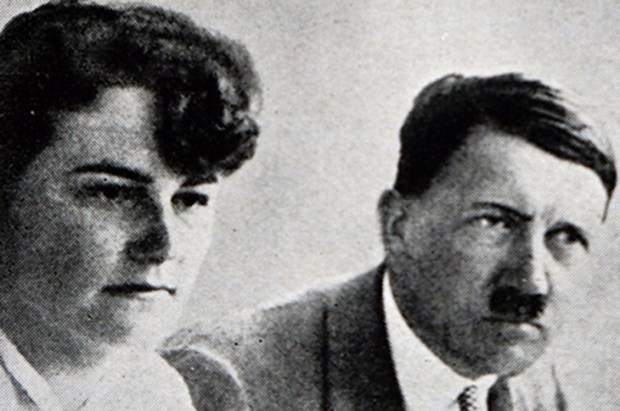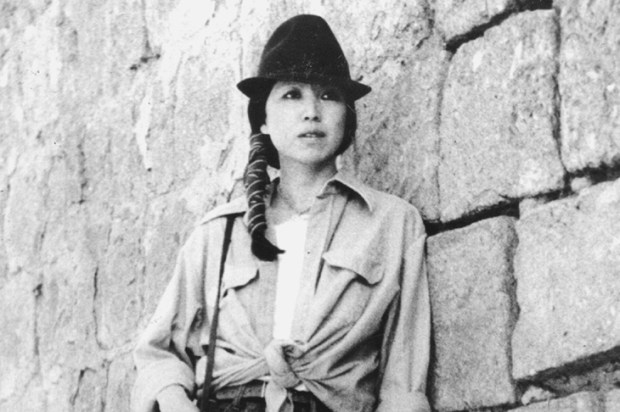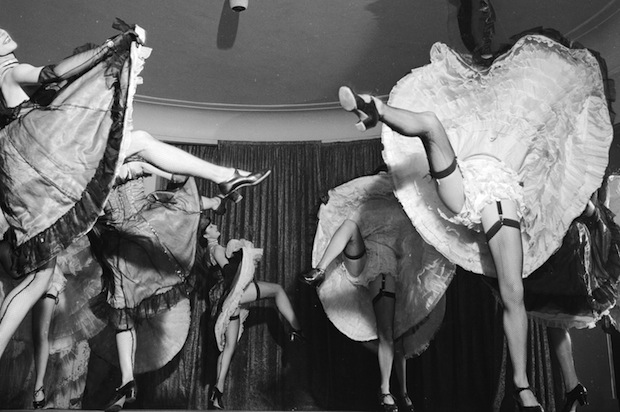A favourite game of mine is to imagine Virgil and Homer today, plying their trade among the supermarkets and office blocks. What would they sing? Can modern life aspire to the epic, and can such a form still be understandable, even useful? C.S. Lewis, though he did translate the Aeneid beautifully, didn’t quite manage a similar feat with his bizarre modern epic, Dymer.
It’s not a field many wish to enter. And yet Constantine Phipps, in his third book, What You Want, has made not only an epic, but a didactic epic, accessible, relevant and involving. In precise, lucidly flowing iambic pentameters, the poem is a meditation on the nature of being, married with a strong narrative. It stands aware of its influences: Lucretius is its guiding spirit and Dante its model. It also forges something new. This is rather an extraordinary, even sublime, achievement.
Phipps’s first novel, Careful with the Sharks, was a comedy of manners; his second, Among the Thin Ghosts, was a more serious human drama, in the title of which — a quotation from the Aeneid — we find the roots of this long-form poem. All epic heroes must make the journey into the underworld in order to prove their status. Odysseus, Aeneas, the Redcrosse Knight, Adam: each partakes in knowledge of the Other.
And so too does the hero of What You Want, which is firmly rooted in our reality of talk shows, fashion designers and bankers. Patrick is an ordinary bloke whose wife leaves him after one affair too many. Overdosing on pills after a visit to ‘Themeparkland’, he hallucinates a vision of it, which forms the basis of the poem. Patrick wanted to be an archaeologist: it is appropriate that his dream digs into himself, the past and the very nature of society.
‘Themeparkland’ offers an ideal situation for Phipps’s poetic programme:
I saw across a square
an archway made of imitation rock.
Its massive lintel was a single block
on which were carved in primitive and gaunt letters, the terse inscription:
‘What You Want.’
This is the abiding question: what is it that we want? With, though he is not named, Freud as his Virgil, Patrick is taken through his past loves, and is introduced to various historical figures who, appearing as animatronic automata, pronounce their judgments on the gamut of humanity. Figures from epic — Teiresias, Circe, Cassandra — appear like ghosts, while lyrics of lucent beauty form a delicate backdrop, as the similes do in the Iliad.
Patrick’s life is anatomised: his love for the heiress Louise; his happiness in making music, but consequent dissatisfaction with lack of money; his job in a bank, which brings him safety but unease; his unsatisfactory marriage, and his relationship with his son. Phipps links the philosophical aspects of the poem to these episodes, commenting on Patrick’s foibles whilst making universal points. Patrick eventually emerges from his psychological underworld, armed with new knowledge and a mode of living.
At one point Patrick muses: ‘everything I’d planned / to say was simple, clear to understand…’ Although there he finds himself unable to communicate, the opposite can be said of Phipps. His work has a purity of purpose whose form both delights and teaches. The book’s central message is a joyous one, born from the distilled serenity and wisdom of the ages. In the theme park, harmony can be found.
Got something to add? Join the discussion and comment below.
Get 10 issues for just $10
Subscribe to The Spectator Australia today for the next 10 magazine issues, plus full online access, for just $10.
Available from the Spectator Bookshop, £16. Tel: 08430 600033
You might disagree with half of it, but you’ll enjoy reading all of it. Try your first month for free, then just $2 a week for the remainder of your first year.














Comments
Don't miss out
Join the conversation with other Spectator Australia readers. Subscribe to leave a comment.
SUBSCRIBEAlready a subscriber? Log in